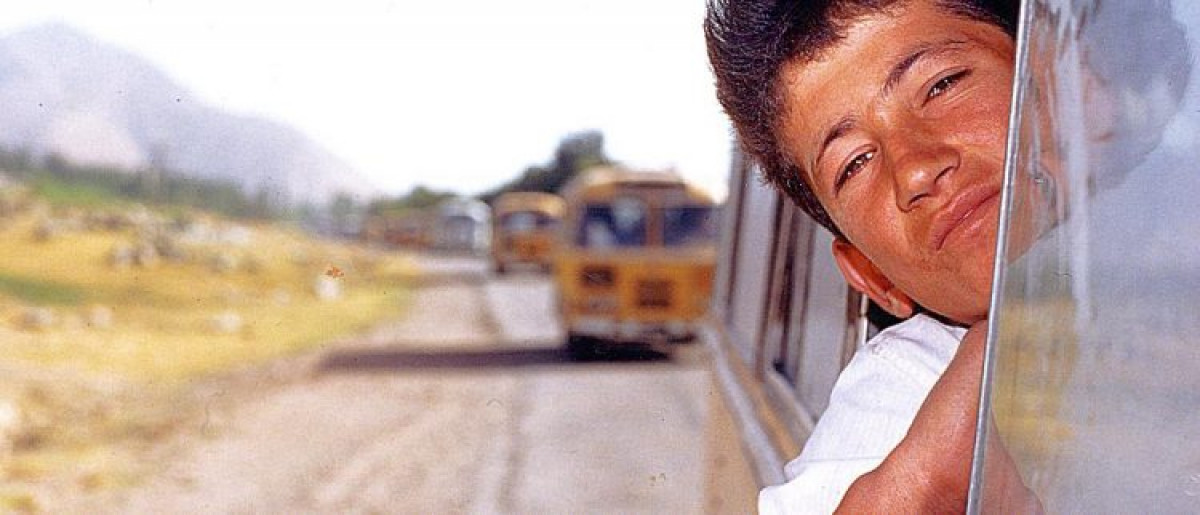 64
64
Each year, a large number of Tajiks move to other countries, mainly Russia and Europe, in the hopes of improving their living conditions. Many Tajik immigrants believe they will eventually return to their homeland, yet many are pessimistic about the current terrible circumstances. Tajikistan’s mass immigration phenomenon has been exacerbated by the country’s turbulent political and social circumstances, as well as rampant state corruption, in addition to unemployment, which is a salient factor for Tajiks to migrate to Russia. According to official estimates, over a million Tajiks live and work in Russia as a cheap labour force. Today, sociologists deem unemployment as the primary cause for Tajikistan’s growing instability as half of the country’s workforce is unemployed. However, despite economic difficulties, Tajik officials assert that immigration has declined since 2020, despite official data and statistics from other countries indicating an increase in Tajik people seeking asylum applications. Because of Tajikistan’s socio-economic imbroglios, immigration is considered as the primary way of addressing young Tajiks’ grievances. Today cultural and social restrictions are regarded as a contributing factor for mass immigration in Tajikistan. Young Takjik males are compelled to shave, and women wearing the hijab are being imprisoned, thus limiting the application of Islamic law to the public sphere. According to the Tajik authorities, people under the age of 35 are also banned from attending mosques and performing Hajj rituals. Because the Tajik administration is unable to distinguish between violent extremists and peaceful Muslim believers who are simply practising their faith or may have critical opinions regarding the government’s poor performances, are being viewed as the state enemy, which may lead to widespread discontent and even inciting violence. A myriad of religious, political groups has been outlawed by the Tajik government, particularly the “Group 24”, which has been labelled as “extremist.” Mohiuddin Kabiri, the leader of Tajikistan’s Islamic Movement, was compelled to leave the nation and now resides in Europe. Moreover, social media platforms were restricted by the state and accused of propagating extremism. According to a study conducted by the National Bank of Tajikistan in 2019, 78 per cent of remittances supplied by Tajik migrants working in Russia enter the country’s economic cycle, indicating that the Tajik government’s present economic course is worrying. This enormous financial reliance reveals that Russia has influence, to a considerable extent, over how Tajik society is governed. Furthermore, the Tajik people’s discontent with the country’s current political, social, and economic conditions may breed unrest and frustration, putting the government on the verge of a public revolt.
Comment
Post a comment for this article